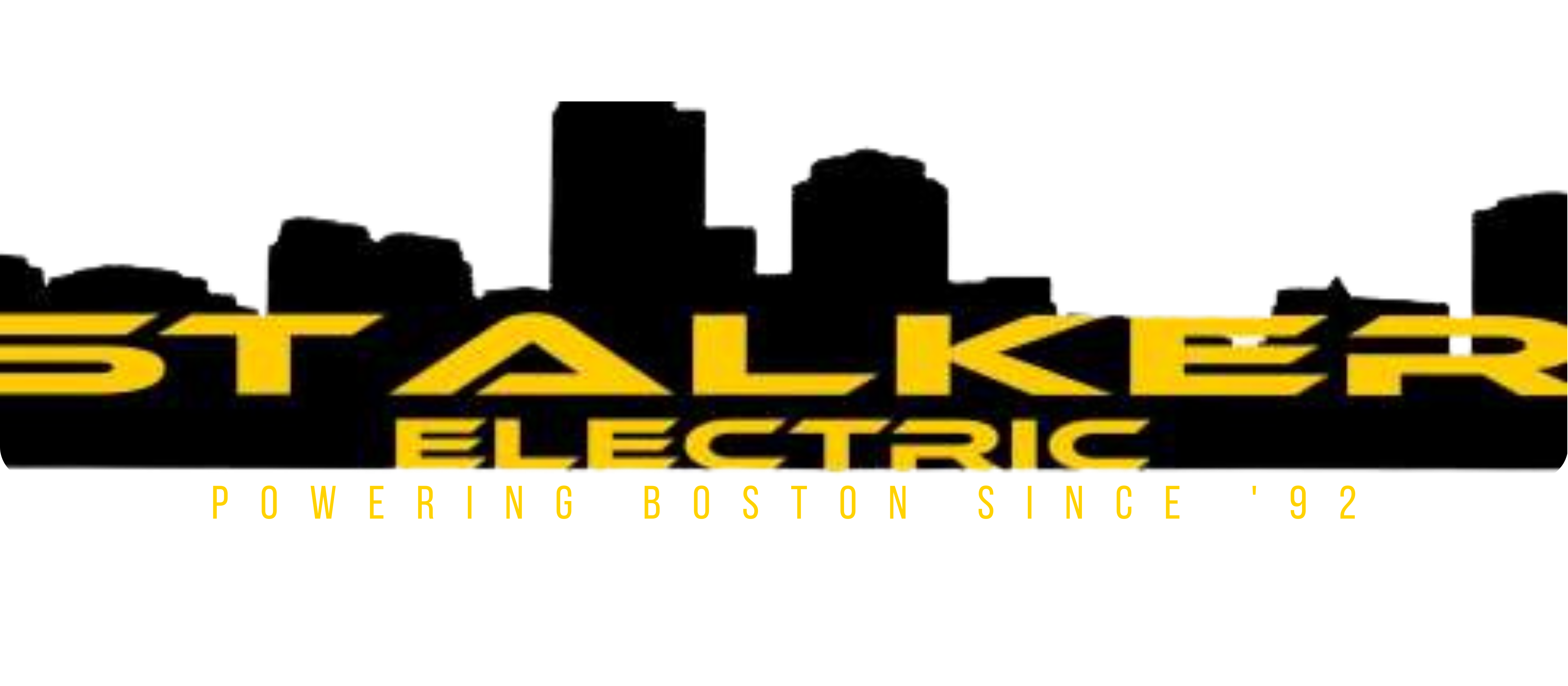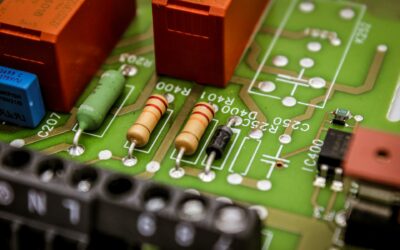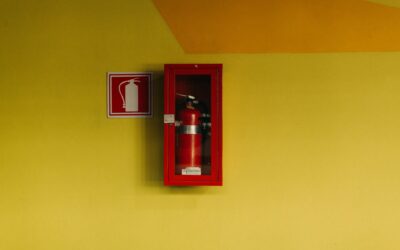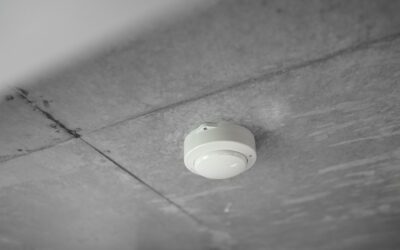Fire suppression systems play a crucial role in protecting lives and property. Designed to detect and control fires before they spread, these systems are essential in both residential and commercial settings. Fires can happen unexpectedly and spread quickly, causing significant damage and potential harm. That’s why having an effective fire suppression system in place is vital for maintaining a safe environment.
These systems come in various types tailored to different needs and environments. From water-based sprinklers to advanced gas suppression systems, each type serves a specific purpose based on the properties it protects. Understanding the differences between these systems helps in making informed decisions that enhance safety and efficiency.
Choosing the right fire suppression system is not just about compliance with safety regulations; it’s about ensuring the well-being of everyone in the building. Regular maintenance and proper care of these systems are equally important to ensure they function correctly when needed. This article will explore the role of fire suppression systems, the different types available, how to choose the best one for your property, and essential maintenance tips to keep them operating effectively.
What Are Fire Suppression Systems and Why Are They Important?
Fire suppression systems are designed to detect and control fires to prevent them from spreading. These systems can automatically release a fire-suppressing agent to extinguish flames quickly and effectively. They are crucial in protecting lives, property, and the environment from fire hazards. Fires can not only cause significant physical damage but also disrupt operations in homes, businesses, and industrial facilities.
Having a fire suppression system in place ensures that any fire threat is managed promptly. These systems offer peace of mind by providing a first line of defense against fires. They are especially important in areas with high-risk equipment or materials, such as kitchens, data centers, and manufacturing plants. By controlling fires in their early stages, fire suppression systems help minimize damage and increase the chances of safely evacuating the building.
Different Types of Fire Suppression Systems Explained
There are several types of fire suppression systems, each tailored to different needs. The most common type is the water-based sprinkler system. These are typically seen in residential and commercial buildings and work by releasing water to cool and extinguish the fire. They are effective for many types of fires but may not be suitable for areas with sensitive equipment or where water could cause additional damage.
Another type is the foam suppression system, which uses a foam concentrate mixed with water. The foam blankets the fire, cutting off its oxygen supply and cooling it down. These systems are ideal for fuel or chemical fires. Gas-based systems, such as those using carbon dioxide (CO2) or clean agents like FM-200, are excellent for environments with valuable electronics. These systems displace the oxygen around the fire or chemically suppress the fire, leaving no residue and causing less damage to equipment.
Choosing the right fire suppression system depends on the specific risks and requirements of your property. Understanding the available options ensures you select a system that provides the best protection for your environment.
How to Choose the Right Fire Suppression System for Your Property
Choosing the right fire suppression system for your property involves considering several factors. The first step is to assess the specific risks in your environment. For example, a kitchen will have different fire hazards compared to a server room. Identifying these risks will help you determine the type of suppression system that will be most effective. Water-based systems might be ideal for general use, but specialized areas may benefit from gas or foam-based systems.
Next, consider the property’s size and layout. Larger areas may require more extensive systems with multiple detection points. Smaller spaces might only need a localized system. Additionally, think about the potential impact of the suppression method on your property and belongings. For instance, water systems can cause damage to electronic equipment, so a gas-based system might be more suitable for data centers or offices with lots of tech.
You should also check local regulations and building codes, which often dictate the type of systems that can be used in particular settings. Consulting with fire safety professionals can provide valuable insights and help ensure you make the best choice for your needs.
Maintenance and Safety Tips for Fire Suppression Systems
Proper maintenance of fire suppression systems is crucial for ensuring they function correctly when needed. Regularly inspect all components of the system, including detectors, control panels, and suppression agents. Check for any signs of wear and tear, and replace any damaged parts immediately. Many systems have self-diagnostic features that can alert you to issues, but it’s still important to perform manual checks.
Routine testing is another key aspect of maintenance. Follow the manufacturer’s guidelines for testing procedures, which usually include monthly visual inspections and more thorough quarterly or annual checks. Ensure that all personnel are familiar with the system and know how to respond in case of an activation.
In addition to inspections and testing, keep the area around suppression equipment clear of obstructions. This ensures that the system can operate effectively and efficiently. Make sure to update all maintenance logs and records to keep track of the system’s condition and any repairs or adjustments made.
Final Thoughts
Fire suppression systems are essential for protecting lives and property. By understanding the different types of systems available and how to choose the right one for your specific needs, you can enhance the safety and security of your environment. Proper maintenance and regular safety checks are vital to ensure these systems function correctly and provide the protection you need.
If you need expert advice or assistance with your fire suppression system, we at Stalker Electric are here to help. Contact us today to learn more about our services and how we can help keep your property safe.






0 Comments